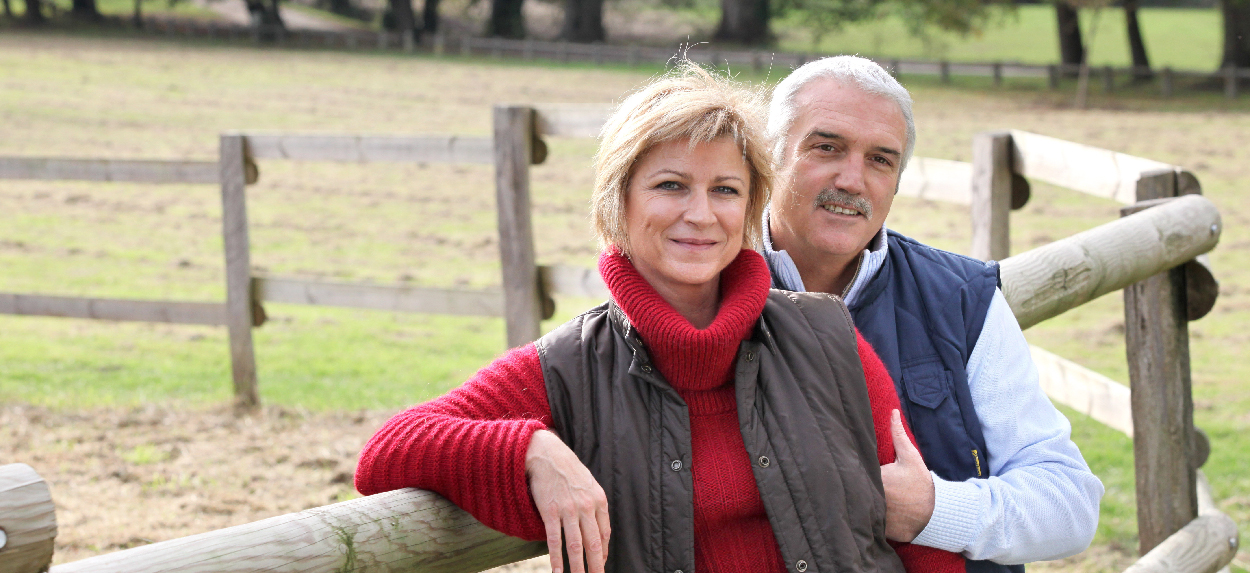
Addiction doesn’t just impact the person suffering from the disease, but their family and friends as well. This support network often feels helpless and discouraged as they watch a loved one’s situation deteriorate. If you feel a loved one is suffering from addiction, here are recommendations from addiction specialists to help you and your loved one start the healing process.
Take Care of Yourself
You can’t effectively help your loved one if you are not well yourself. Be intentional about finding care, information and support groups to help you during the challenge.
Be Informed
Addiction is a disease of the brain, not a moral failure. Treatment options have advanced in recent years, so take time to learn from experts who specialize in addiction treatment.
While recovery sometimes involves inpatient hospitalization, often the most effective and affordable treatment begins in the doctor’s office.
Addiction is treatable with personalized and comprehensive care that may include the latest FDA-approved medications, counseling and support groups.
Tips to Get Started
Following are recommendations from experts who specialize in addiction support for families:
- Make time for yourself. Recovery takes time and patience, so remember to be kind to yourself and take time to relax. This could include reading, jogging, listening to your favorite podcast, having coffee with a friend, yoga or whatever feels comfortable and relaxing for you!
- People are not their actions. Substance use can persuade a person to do and say things different from their normal behavior. Understanding this doesn’t excuse the behavior, but does remind you why you are working so hard to help.
- Multiple ways to help. Just like you can drive more than one route to get to the same destination, there are a variety of skills that you can use to help your loved one.
- Learn the reasons. People use substances because it helps them do something (like being more social) or gets them out of something they don’t like (such as anxiety or loneliness) despite the negative consequences. By understanding these reasons, we are better equipped to help our loved ones stop using substances.
- Paths to recovery. People use substances for different reasons, that’s why treatment plans are customized for each person. For example, you wouldn’t use the same key to unlock the door to your house and your office. They are both doors, but different locks (challenges) require different keys (solutions).
- Be self-aware. Recognize and acknowledge how your loved one’s addiction is impacting your thoughts, emotions, behaviors and values such as love, family and hope.
- Words matter. The words and expressions we use to talk to people can make a difference. Rather than scolding our loved ones, try communicating how your loved one’s behaviors make you feel, such as, “I’m scared for you,” or “I love you, but it’s hard for me to watch you do this.”
- Reinforce positive behavior. Certain interactions can encourage sober behaviors and decrease substance-using behaviors. For example, don’t be afraid to express to your loved one how much you appreciate their positive behaviors such as spending time with you instead of partying with friends.
- Embrace the journey. Changing your own behavior or helping someone through recovery is a difficult process and may feel impossible or not worth it. This is called ambivalence and can be normal. Embrace the journey and recognize this as a sign that you are progressing, even if it doesn’t feel like it at the time.
- Practice makes progress. Learning a new skill takes practice. Think about when you first learned to drive a car. You didn’t start driving down the interstate on your first day. You took it slow, learned the basic skills, practiced, learned more skills and kept practicing.
- You are not alone. Helping a loved one in addiction is a tough journey and it’s important to connect with others going through similar situations. Support groups can help you learn from others experiencing the same challenges and can help you feel part of a community rather than isolated and alone.
Hope Network is a support group for family and friends of loved ones experiencing addiction. For questions or details, call 918-561-1890 or email hopenetwork@okstate.edu.
Contact the NCWR Addiction Recovery Clinic at OSU at 918-561-1890 to schedule an appointment. In case of a medical emergency, please call 911. For immediate and confidential emotional support, please call 988 to reach the National Suicide and Crisis Lifeline.